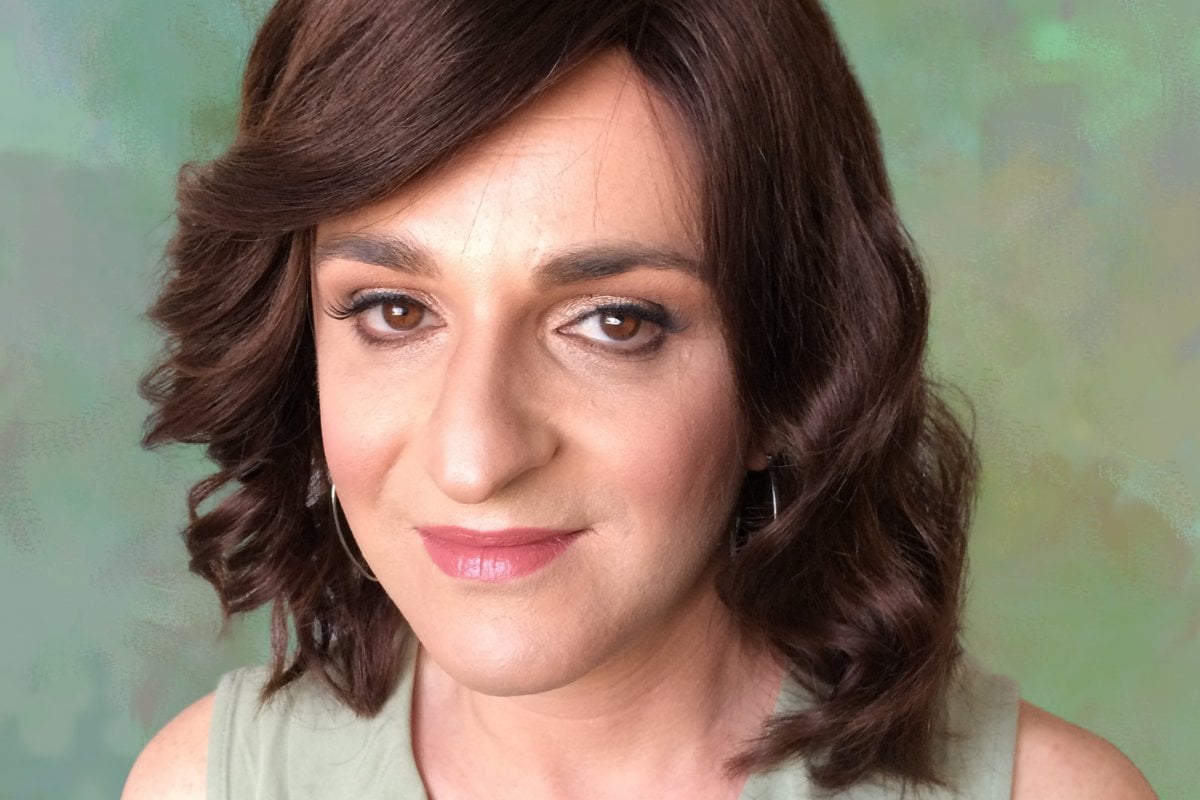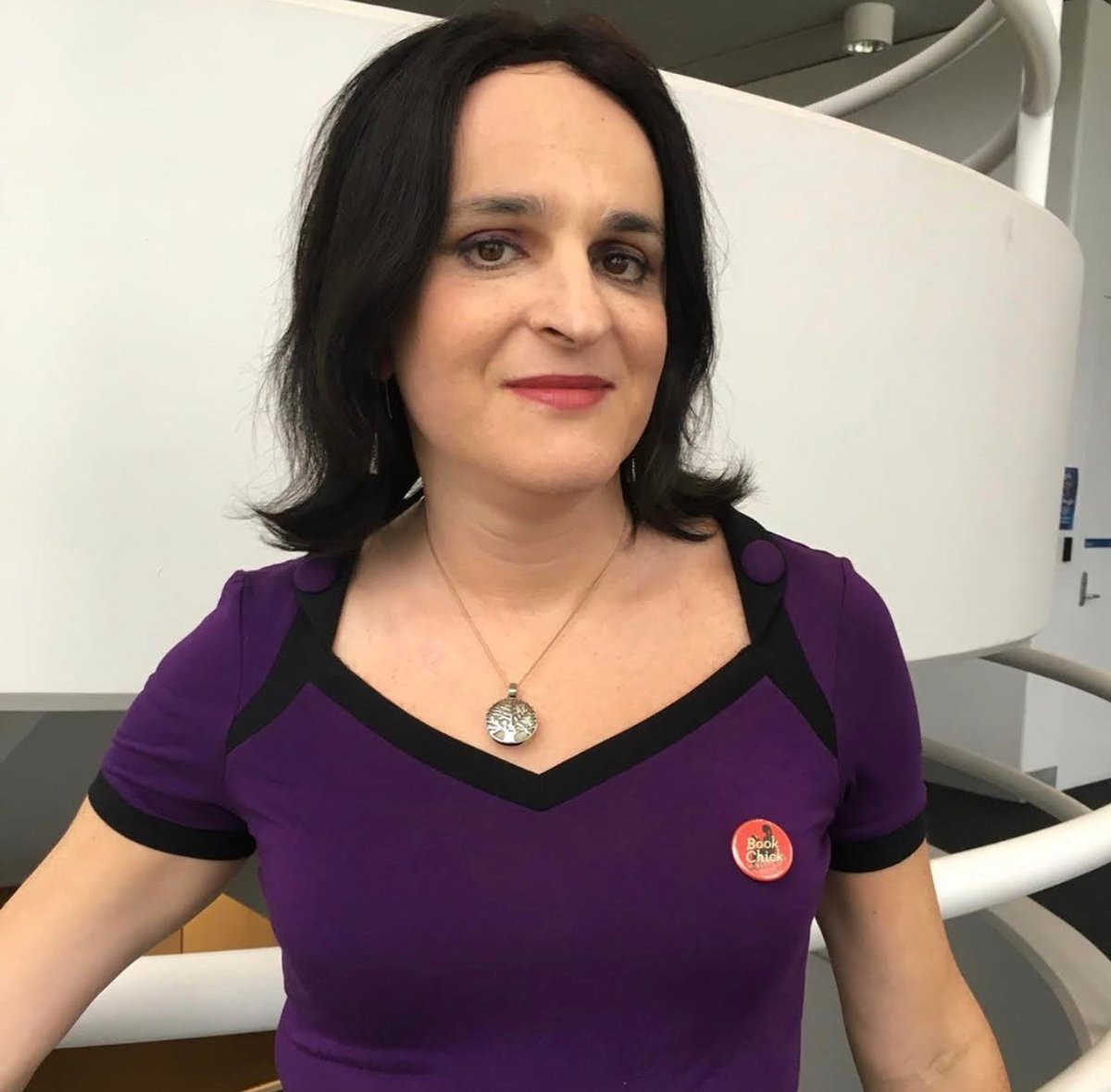
When my oldest child turned seven, I realised that was my age when I, as a boy, first discovered my 'shameful secret'. For me it was 1978, and back then words like ‘transvestite’ and ‘deviant’ were common in both medicine and the media. So you can see why I kept it secret and barely admitted it myself.
The hurt and scars took decades to heal. In my 20s I studied psychology and sociology, to change the world and heal myself. In psychology we learnt those nasty words for what I still hid inside; in sociology we critiqued the way language has the power to define and control.
I also built up a career, travelled, married and had two children (I’m ‘Dad’ by the way, which suits me fine). And as I said, when my son turned seven, I prayed that he would never suffer the burden of carrying a secret that stabbed at his heart.
Watch: Dating as a trans woman. Post continues below.
The fight for my body.
The first battle started in childhood and lingered until the depths of puberty. Each night in bed I wished that I would turn into a girl. In the mornings I searched the bathroom mirror for signs of success. Of course I failed, and so I felt undeserving.
The second battle for my body, the one I have faced for the past six years, is likely to be my last. And it has taken many unexpected directions. It started in my right arm of all places. One day I found that it did not swing when I walked. There was no pain, numbness or damage that I could see. It just sat there.


Top Comments